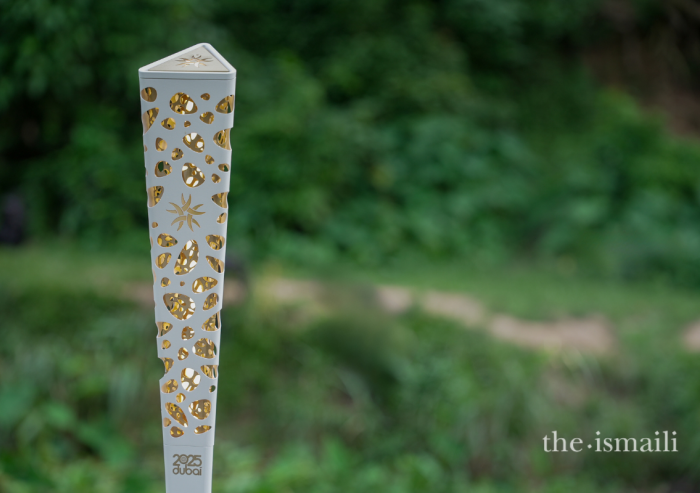Written, produced, and performed entirely by the Prairies Arts and Culture team and met with a standing ovation at the close, Screaming in Silence explored the journey of a 17-year-old high school student, Zoya, brilliantly portrayed by artist Sanvi Gadhiya. Zoya had endured bullying, emotional abuse, physical assault, and a recently ended relationship; her unnoticed struggles intensified by her father’s depreciating view of her and her parents’ turbulent marriage. Through the construct of this poignant performance, the audience was able to experience internal agony from Zoya’s perspective. With multiple layers of obstacles, Zoya’s depression led to life altering measures.
To better understand how to support youth and their mental health, a powerful panel discussion led by three field experts followed this gripping performance. Audience members were encouraged to submit their questions confidentially and gained insight on possible warning signs, such as inconsistent mood and behavioural changes, withdrawn interests, and shifts in overall academic and extra-curricular performance. Information on the professional resources available, guidance on building healthy relationships and useful techniques on establishing trust were also extended. Emphasis was placed on open and non-judgemental dialogue in addition to the significant impact of connectedness within families and the greater community.
Azra Karmali-Moloo, registered provisional psychologist and child health portfolio lead with the Aga Khan Health Board for the Prairies extended her expertise as one of the panellists. She has been actively engaged in the development and delivery of resiliency programs designed for parents, caregivers, children and youth.
Commending the achievements of this theatrical piece, Azra said, “There are a lot of presentations we give to the Jamat; the difference is that a play evokes an emotional connection to the character and helps create a sense of attachment and concern. The nature of the questions we received meant that the audience understood and felt some of the challenges the character went through.”
This being the third annual production aimed at conquering barriers and misconceptions of mental health, Azra said, “The play acts as a catalyst, it plants seeds that can be further developed into trees of discussion with different members of the family and the community. I see this as an opportunity to plant those seeds.”
As a nod to the lasting impact, Azra said, “Having a play like this builds on our natural human instinct to discuss the plot, and normalise conversations. It creates a platform of awareness, to continue to have conversations in the car, on the way home and around the dinner table, and make connections of similarities from the play, or from TV or someone you know.”
The evening concluded with remarks from President Fauzia Lalani-Khudabux, Ismaili Council for the Prairies, emphasizing the importance of inclusivity and the community resources available. Often being the first point of contact, each Jamati Mukhi-Kamadias have received mental health awareness training. Accomplished professionals continue to remain accessible through their volunteerism with the institutional boards and portfolios for the Prairies.
Programmes have and continue to be developed to complement the ongoing needs of the Jamat. A key message that resonated with the Jamat in President Fauzia’s address was responding with empathy and understanding; the prevalence of mental health is one that requires support, similar to the response one may naturally be inclined to extend when informed of another’s physical ailments.








